 |
| Ms. Anjanette Saguisag, Acting Representative of the United Nations Children's Fund (UNICEF) in Vietnam. |
On the occasion of the 2023 Children's Action Month with the theme "Joining hands to reduce harm to children", can you evaluate Vietnam's efforts in recent times in ensuring children's rights?
There is no doubt that Vietnam is a pioneer in the region and globally in protecting children's rights, as demonstrated by its early ratification of the United Nations Convention on the Rights of the Child (CRC) and its progress in implementing the Convention.
In its Fifth and Sixth Periodic Country Reports on the Implementation of the CRC in Viet Nam, the Committee on the Rights of the Child highlighted the various institutional and policy measures that Viet Nam has committed to. Viet Nam continues to strengthen gender-based frames of reference and approaches to children, such as health, nutrition, water, sanitation, clean environment, education and social protection.
In recent years, the Covid-19 pandemic has affected every aspect of children’s lives. However, Vietnam has achieved some positive results for children. For example, as of December 2022, most people over the age of 12 and more than 90% of children aged 5-11 had completed the basic Covid-19 vaccination.
The National Nutrition Plan has been approved, water and sanitation services have been strengthened, and child protection systems and services have been further strengthened through the child protection, child justice and inter-sectoral cooperation to combat violence against children (VAC) frameworks. Inclusive education is an area that is being strengthened, and the digital transformation strategy is a step in the right direction to ensure that every child is equipped with digital skills.
In addition, based on a comprehensive study of school-related factors affecting mental health, mental health promotion, prevention and programming in schools are improved through training of school health staff and teachers.
What about Vietnam's problems and difficulties, madam?
Like all countries, Vietnam is still grappling with the far-reaching socio-economic impacts of the Covid-19 pandemic, which are particularly severe for the most vulnerable – children with disabilities, ethnic minority children, and those affected by migration, climate change or conflict.
Progress on the Sustainable Development Goals (SDGs) has slowed down on several fronts, notably in routine immunization coverage for children under one year of age. At the same time, efforts to reduce violence against children have stalled, with more than 72% of children aged 1-14 experiencing violence at home. Acute malnutrition remains a real threat, with around 200,000 children affected each year and only 10% receiving appropriate treatment.
Only one in five ethnic minority households has access to basic water and sanitation services. Preschool enrolment rates for 3- to 5-year-olds among ethnic minorities are 66% compared to 92% nationally. Recent reports have shown that nearly all children in Vietnam—99.5%—are exposed to three or more types of climate shocks, compared to 89% regionally and 73% globally.
These are reflected in the Conclusions of the Committee on the Rights of the Child, which recommended that Viet Nam pay particular attention and take urgent measures to address the issues of the rights to non-discrimination, violence against children, orphans, education, economic exploitation, child labour and child justice. It is important to note that children’s rights are interdependent and inseparable; it is essential that the rights of every child be realised.
In the current context, what are UNICEF's priorities in Vietnam, Madam?
UNICEF has been working in Viet Nam since 1975 with programmes to promote respect, protection and fulfilment of the rights of all children.
With equity at its core, UNICEF promotes the inclusion of the most vulnerable children, including those from ethnic minorities. Our country cooperation programme is contributing to Viet Nam’s Socio-Economic Development Strategy (2021–2030) and National Action Plan for Children 2021-2030, which prioritise human development and equitable and climate-resilient societies.
We continue to provide technical advice or assistance to relevant stakeholders, paying particular attention to the Conclusions of the Committee on the Rights of the Child.
UNICEF continues to work with the Government and stakeholders to address the challenges that are putting children's lives and development at risk.
| “There is no doubt that Vietnam is a pioneer in the region and globally in protecting children's rights.” |
Nutrition is a top priority. We provide technical support, functional products, and advocate for increased attention and resources to ensure children’s health. We continue to support maternal and newborn care, access to clean water and sanitation, social protection, and the protection of every child from violence, abuse and exploitation. In education, our key priorities are to further improve inclusive education and ensure every child has the digital skills that are so essential in today’s world. Through schools, we also support mental health.
With climate-related impacts and disasters on the rise, we work to strengthen child-sensitive social services and capacity for disaster risk reduction and effective humanitarian response.
UNICEF’s support is concrete through technical assistance to strengthen systems, build national capacity, test innovative solutions and scale them up, focusing on digital transformation, raising awareness and facilitating changes in social norms to promote children’s rights.
Partnerships are key to achieving these goals. In addition to working with governments, civil society, stakeholders and development partners, we aim to leverage the potential of the private sector, through public-private partnerships and shared values, to promote family-friendly business policies that protect young workers.
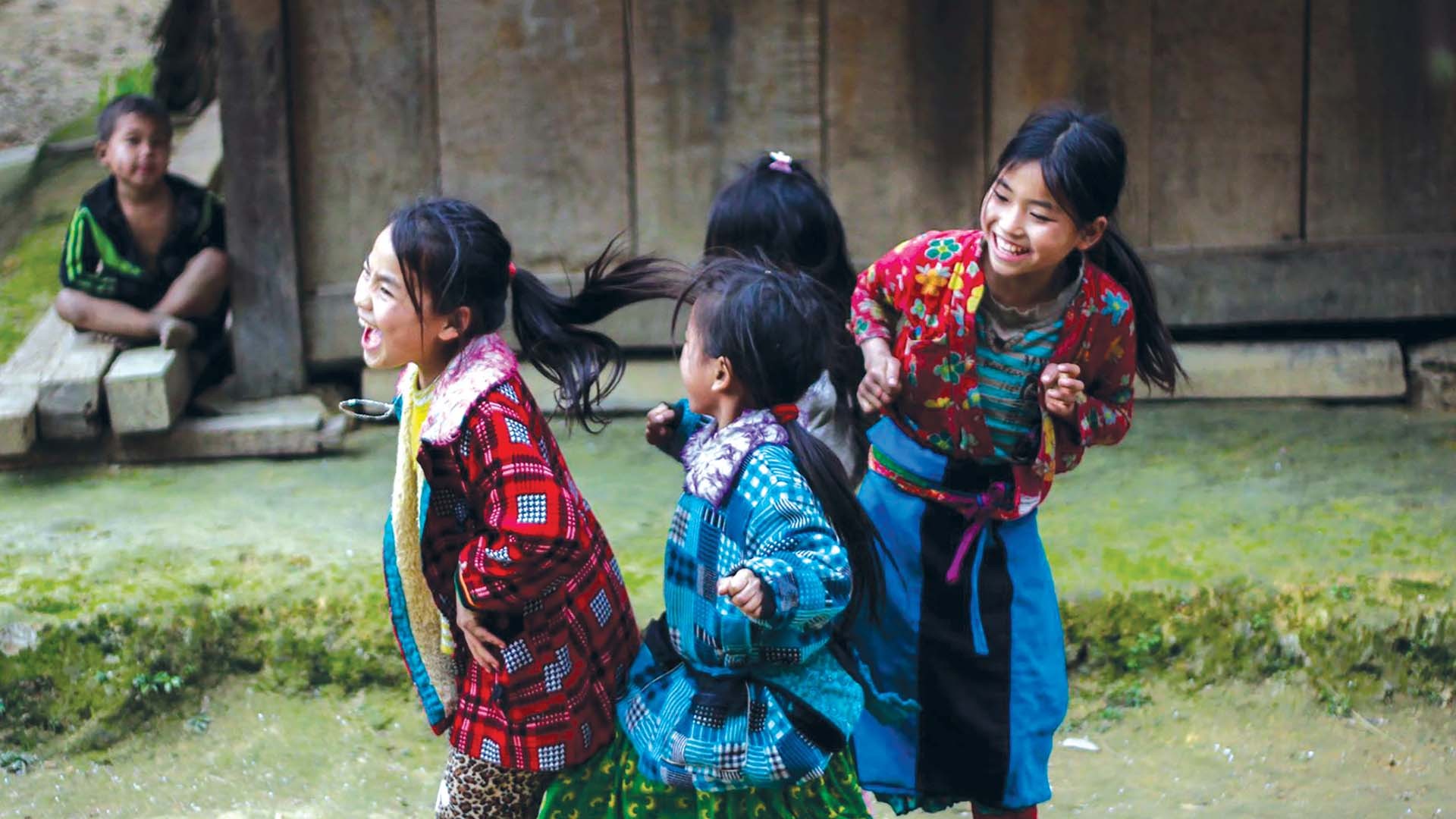 |
| Vietnam is a pioneer in the region and globally in protecting children's rights. (Photo: Nguyen Hong) |
Madam, Vietnam is building a set of child assessment indicators in line with international standards. How can UNICEF support Vietnam?
Supply-demand and smart use of data can help us deliver better outcomes for children. When the right data reaches the right people, at the right time, decisions can be better informed, fairer and more likely to protect children’s rights.
Viet Nam has made significant efforts to monitor the health and development of children. To support this, UNICEF has advocated for a revised Law on Statistics to focus more on the Sustainable Development Goals (SDGs) and children, by providing recommendations and technical support, and urging the Government to include 14 key indicators on children in the National Indicator List for regular reporting and monitoring. Notably, these indicators include multidimensional child poverty rates, proportion of the population exposed to violence by age group, proportion of the population with information technology skills, and proportion of the population aged 5-17 years in the workforce.
UNICEF welcomes efforts to develop a set of child-related indicators that are aligned with international standards to measure children’s well-being. With our deep expertise and over 70 years of global data collection experience, UNICEF can support Viet Nam in using internationally recognized definitions and measurement methods to monitor and report on child-related SDG indicators. Through our guidance and tools, we can support practitioners and decision-makers in developing and processing data to better serve children.
UNICEF recommends diversifying data and information sources for official monitoring and reporting, rather than relying solely on government data. This diversification will help build national data analysis capacity to monitor progress on child rights by cross-referencing government data with non-government sources. This approach will improve the breadth and depth of evidence available for use in policy-making and decision-making in the best interests of children in Viet Nam.
Source






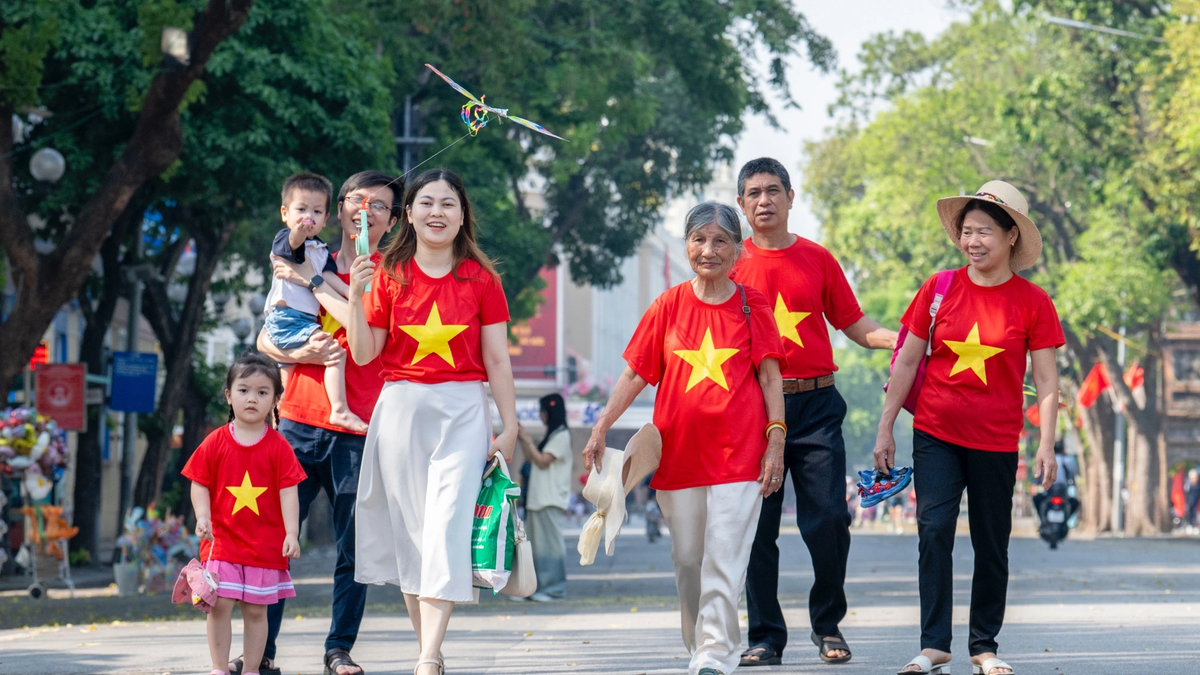
![[Photo] Bustling construction at key national traffic construction sites](https://vphoto.vietnam.vn/thumb/1200x675/vietnam/resource/IMAGE/2025/5/2/a99d56a8d6774aeab19bfccd372dc3e9)






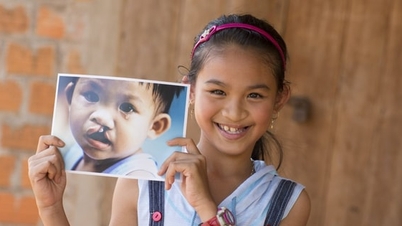






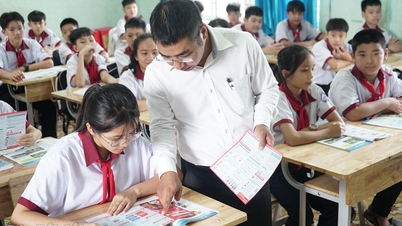







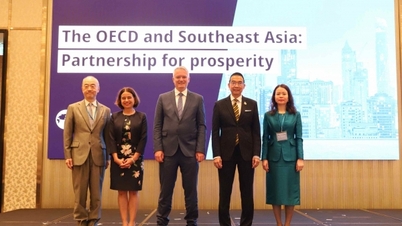





![[Photo] Binh Thuan organizes many special festivals on the occasion of April 30 and May 1](https://vphoto.vietnam.vn/thumb/1200x675/vietnam/resource/IMAGE/2025/5/1/5180af1d979642468ef6a3a9755d8d51)

![[Photo] "Lovely" moments on the 30/4 holiday](https://vphoto.vietnam.vn/thumb/1200x675/vietnam/resource/IMAGE/2025/5/1/26d5d698f36b498287397db9e2f9d16c)






























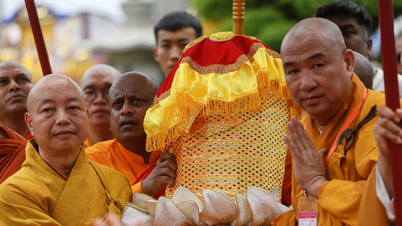



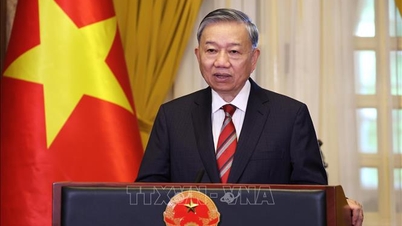
















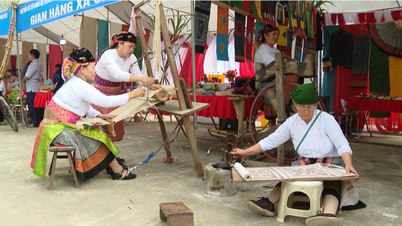




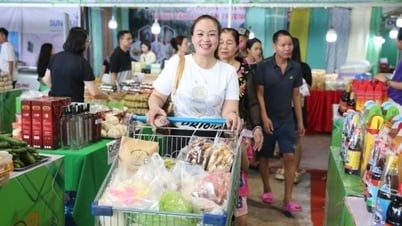

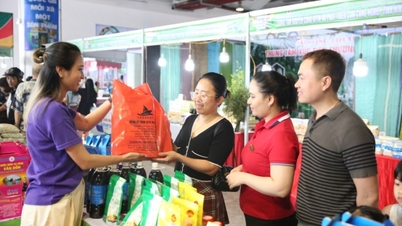



Comment (0)